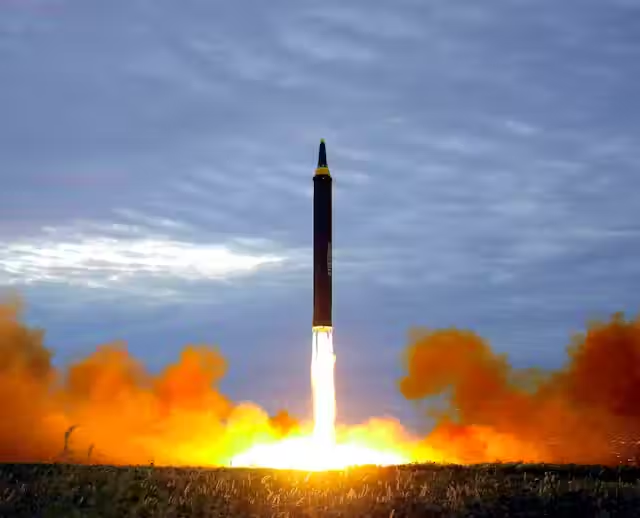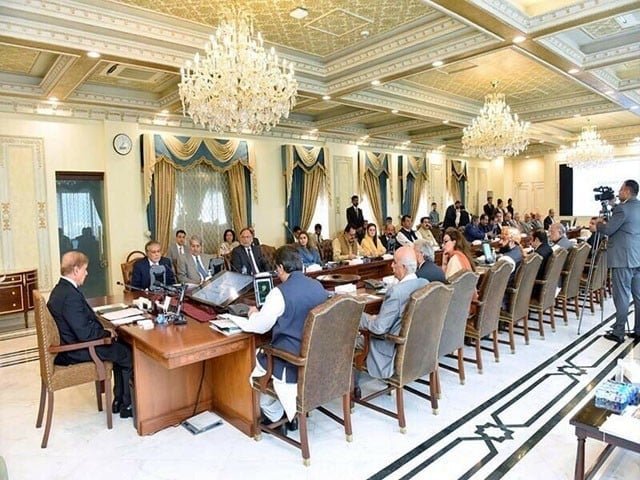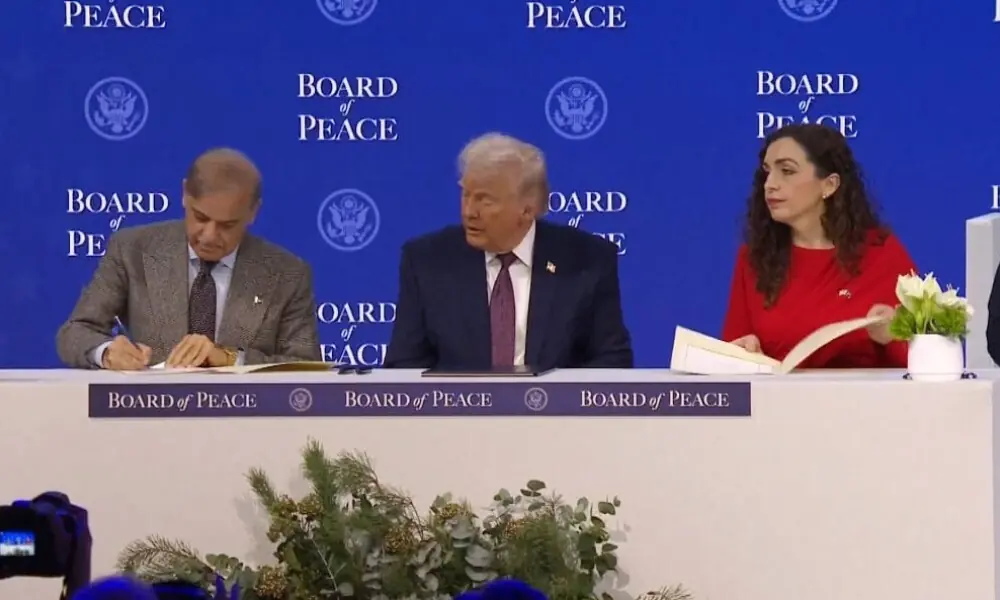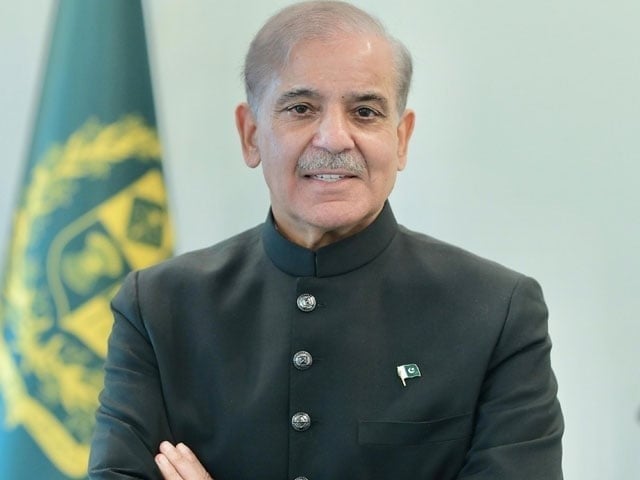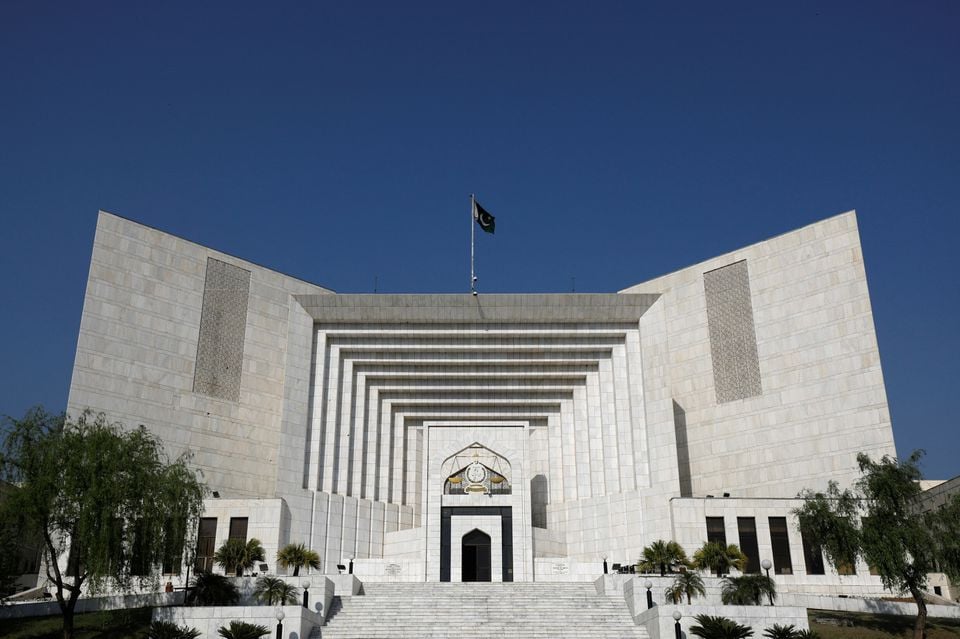The Escalating Nuclear Arms Race: A Disturbing Trend Revealed by the Stockholm International Peace Research Institute
In its recent annual assessment of global armaments, the Stockholm International Peace Research Institute (SIPRI) has raised serious concerns about the escalating nuclear arms race and the increasing prominence of nuclear weapons in today’s geopolitical landscape. The report highlights India’s greater nuclear capability compared to Pakistan, while also shedding light on the global distribution and modernization of nuclear arsenals.
According to SIPRI, the United States leads the world in terms of the number of warheads, closely followed by Russia, the United Kingdom, France, China, India, Pakistan, North Korea, and Israel. This revelation underscores the continued proliferation of nuclear weaponry across various nations, intensifying concerns about the potential consequences of a nuclear conflict.
The report emphasizes a troubling trend wherein nuclear-armed states are actively modernizing their arsenals and deploying new nuclear-capable weapon systems. SIPRI’s analysis reveals that in 2023, several states introduced advanced nuclear weaponry, signaling a deeper reliance on nuclear deterrence as geopolitical tensions continue to simmer.
Of particular concern is the revelation that approximately 9,585 out of 12,121 warheads were maintained in military stockpiles for potential use, with 3,904 warheads already deployed with missiles and aircraft. SIPRI also notes that the operational readiness of these warheads, especially those on ballistic missiles, has increased, amplifying the risks associated with a potential nuclear confrontation.
SIPRI Director Dan Smith expressed profound unease about the persistent year-on-year increases in operational nuclear warheads, despite a gradual reduction in the overall global stockpile. With Russia and the US controlling nearly 90% of all nuclear weapons, Smith underscored the urgent need for a collective reassessment of global nuclear policies, given the unprecedented perils posed by the contemporary geopolitical landscape.
The report highlights specific nuclear developments in various countries, including China’s emergence as a significant nuclear power with warheads on high operational alert, and the ongoing modernization efforts of nations such as the UK, France, India, North Korea, and Israel. Of particular concern is the pursuit of multiple warhead deployment capability by India and North Korea, underscoring the growing complexity and risks associated with nuclear warfare.
As SIPRI’s findings paint a disturbing portrait of the nuclear arms race, the call for global powers to step back and reflect becomes increasingly urgent. Against a backdrop of political rivalries, economic disparities, and environmental crises, the imperative for collective action to mitigate the risks of nuclear conflict has never been more pressing. SIPRI’s assessment serves as a sobering reminder of the critical need for concerted efforts to de-escalate tensions, promote nuclear disarmament, and safeguard global peace and security.



